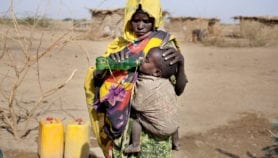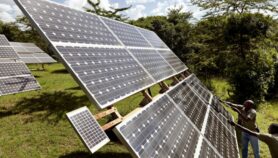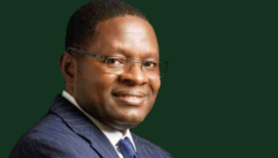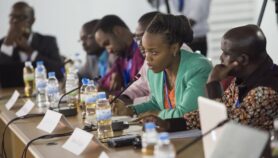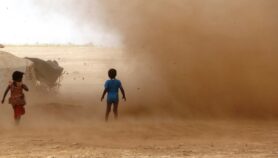10/12/20
Mock COP26 calls for rapid action on climate change
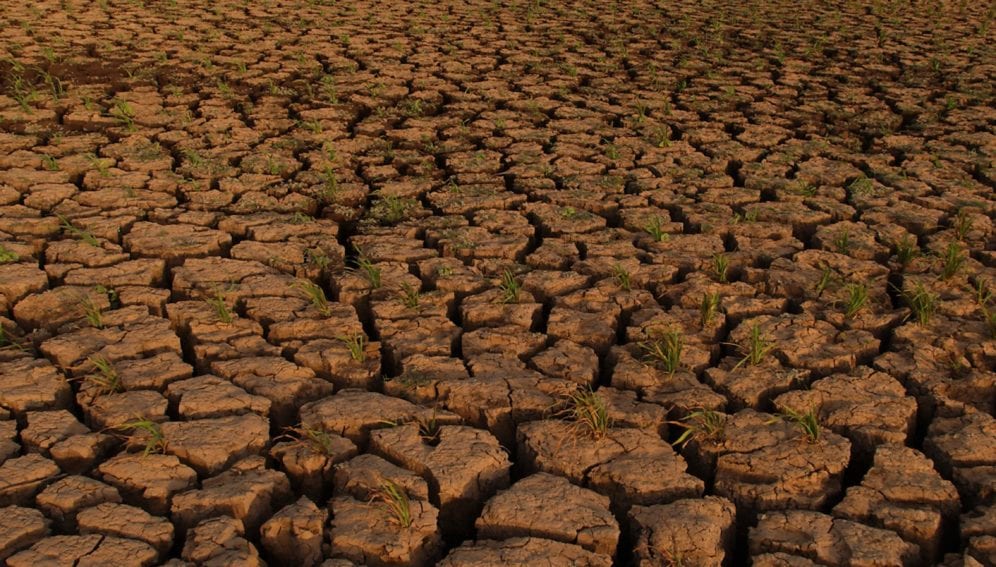
By: Fatima Arkin
Send to a friend
The details you provide on this page will not be used to send unsolicited email, and will not be sold to a 3rd party. See privacy policy.
[MANILA] A two-week virtual climate change conference led by youth from around the world ended with a ratified treaty calling on governments to take decisive and ambitious action on climate change.
The conference, aptly named Mock COP26, sought to fill the void left by the annual UN climate change conference, called COP26, which was postponed to November 2021 due to the ongoing COVID-19 pandemic.
“I’m here not anymore because of anger and fear, but because of love for the people and the environment, knowing that with the youth and the marginalised sectors of society fighting together for a better future nothing is impossible”
Mitzi Jonelle Tan, Youth Advocates for Climate Action Philippines
Until 1 December, 330 delegates, 72 per cent of them from the Global South, logged on to listen to speeches from activists and stakeholders, while proposing climate policies that they want global leaders to enact. The final 18 policies are outlined in a formal treaty and range from upholding each child’s right to an education on the global climate emergency to extending legal protection to the rights of Indigenous peoples.

Participants from different parts of the globe attended the youth-led Mock Cop26.
Image credit: Thomas B. on Pixabay.
“Major and rapid change is exactly what we need in the fight against climate disruption,” wrote the Indonesian delegation in a statement attached to the treaty. “Change that will make our planet more liveable, sustainable, and inclusive. And no group has more power than us, the youth. Because when we march, the world will follow.”
A common theme across the delegates’ respective statements was the inaction they see from their leaders. Ellie Gold, a legal researcher for the environmental law non-profit ClientEarth, which worked with the Mock COP delegates, tells SciDev.Net. “The speed at which Mock COP26 was organized illustrates the power of young people in making these changes and banning together [sic].”



In addition to the treaty, youth activists issued an open letter to the COP26 presidency calling for rich countries to prioritise payment for loss and damages to victims of climate disasters in poor developing countries — a long-standing issue that developed countries have been disinclined to accept.
“[The] loss and damages sector needs to be representative and includes the costed interventions co-created by vulnerable communities that are impacted the most,” Nadiah Dzulfakar, co-founder of the youth-led NGO Klima Action Malaysia, one of over 120 organisations and activists who signed the letter, tells SciDev.Net.
The conference also saw discussions on important topics, such as eco-anxiety over the global climate crisis and the threat of environmental disaster.
Mitzi Jonelle Tan, co-founder of Youth Advocates for Climate Action Philippines, an alliance of young climate activists, says that Typhoon Goni, which slammed into the Philippines last November, had her worried about drowning in her bedroom.
Tan’s anxieties were shared at the conference and many delegates from Asia empathised with her. “Everyone had similar experiences of how typhoons and floods were just these normal things that we grew up with, but it has gotten more and more scary over the past few years,” she tells SciDev.Net.
“I’m here not anymore because of anger and fear, but because of love for the people and the environment, knowing that with the youth and the marginalised sectors of society fighting together for a better future nothing is impossible,” she says.
This piece was produced by SciDev.Net’s Asia & Pacific desk.








